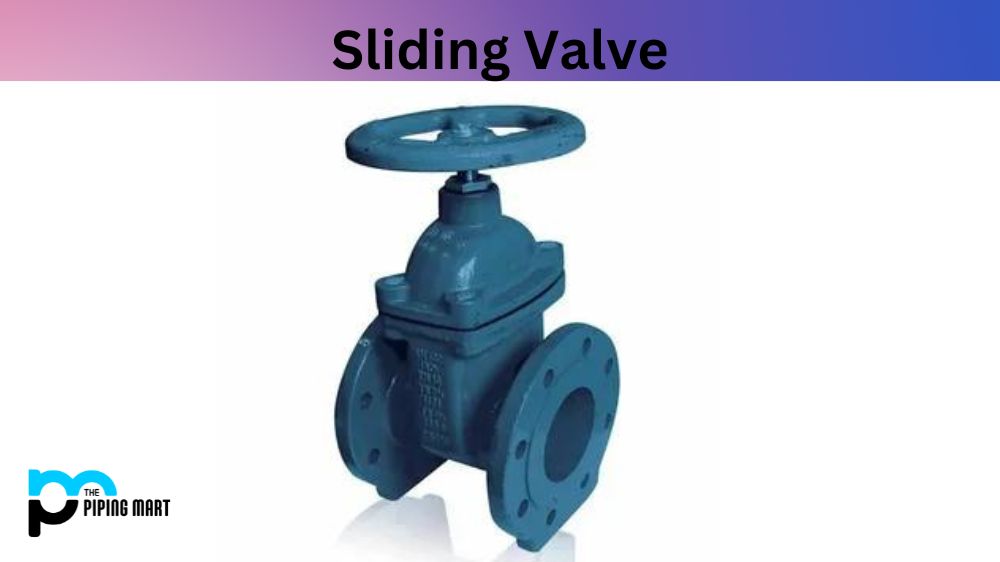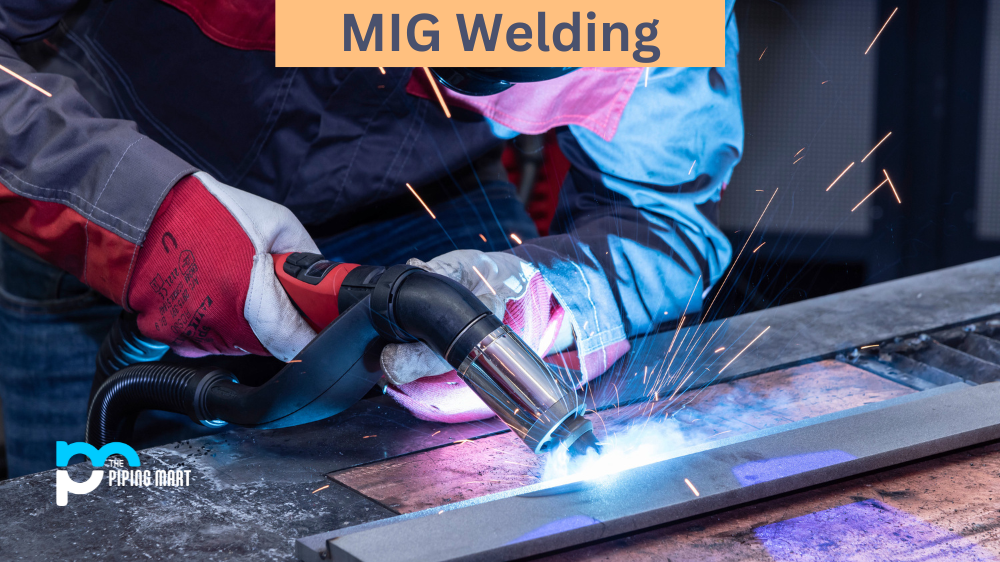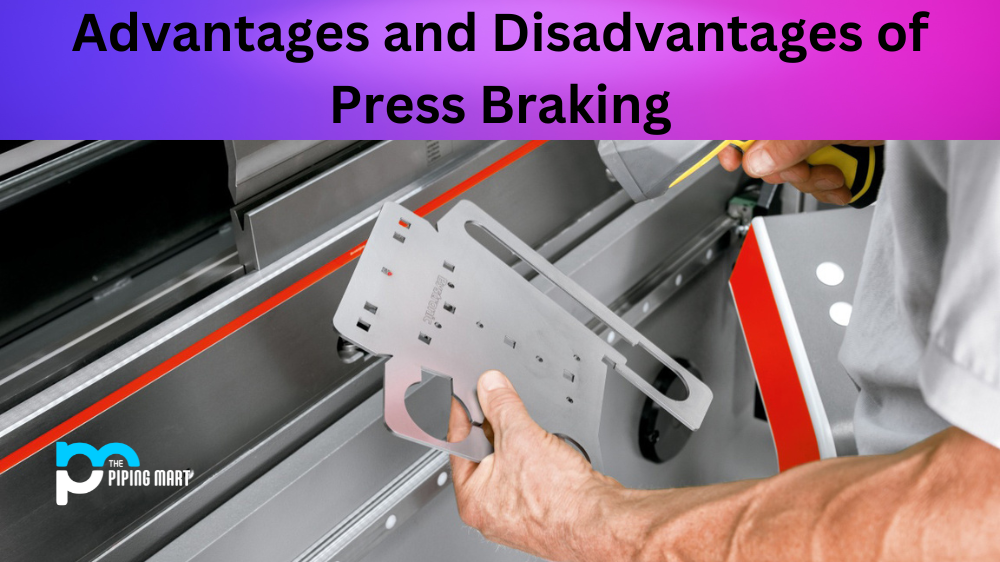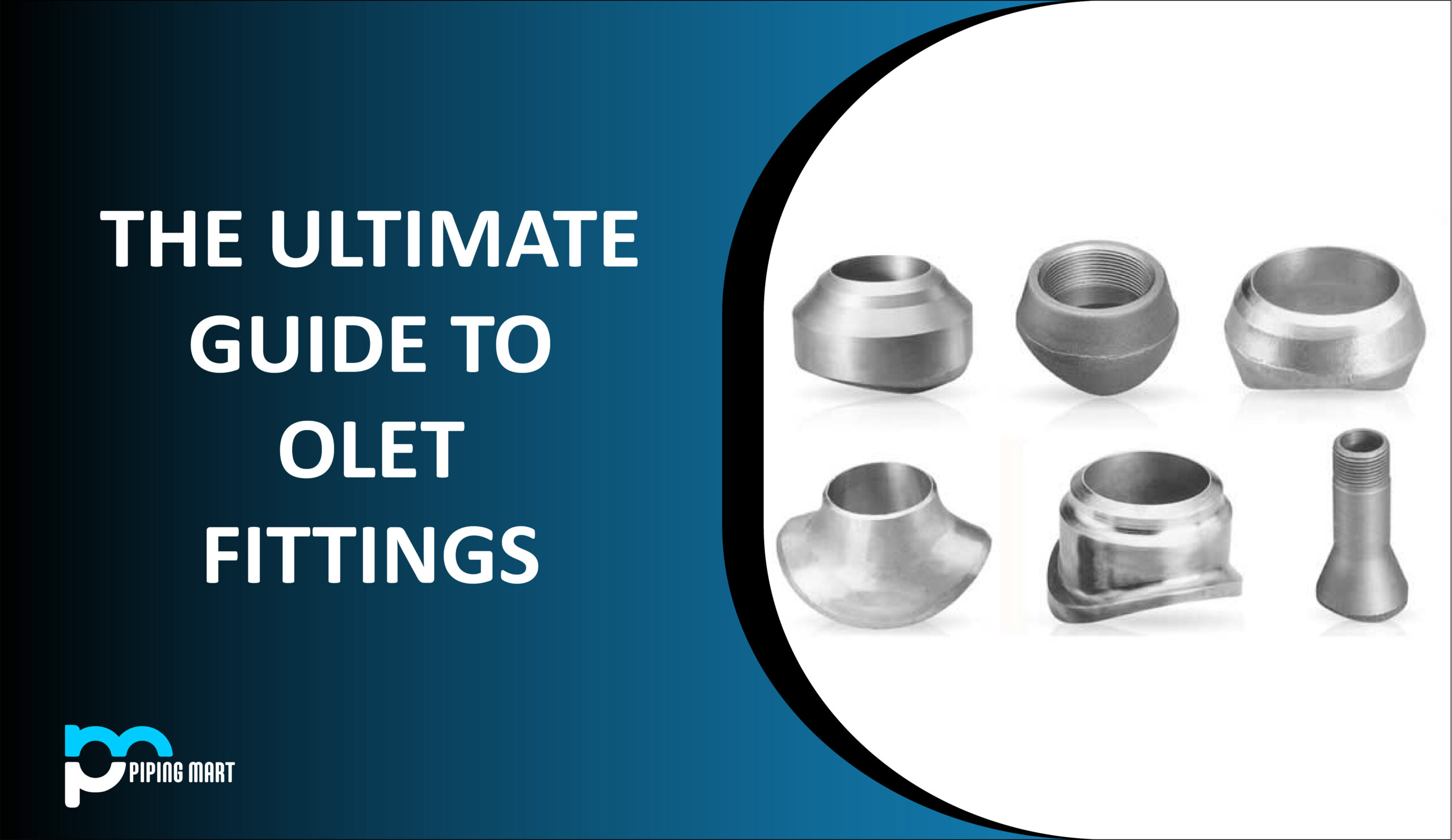A sliding valve is one of the most popular types of valves used in industrial and commercial settings. This type of valve is a linear motion valve used to control the flow of liquids or gases. Sliding valves are commonly used in power generation, chemical processing, and oil and gas refining, among other industries. In this blog post, we will explore the advantages and disadvantages of sliding valves so you can make an informed decision when choosing the right valve for your application.
Advantages of Sliding Valves:
High Flow Capacity – Sliding valves have a large flow capacity, making them ideal for applications where a large volume of fluid or gas needs to be moved quickly.
Low Pressure Drop – Sliding valves typically have low-pressure drops, which means they are very energy-efficient and can help minimize the energy required to move fluids and gases through a system.
Low Maintenance – Sliding valves are usually low maintenance and do not require frequent repairs or replacements. They are also resistant to wear and tear, making them a reliable choice for long-term and continuous use.
Tight Shut-Off – Sliding valves have a tight shut-off, so they can effectively prevent leaks and stop the flow of fluids or gases in a system.
Disadvantages of Sliding Valves:
Limited Control – Sliding valves are less effective at controlling the flow of fluids or gases, especially if precise regulation is required. In applications where precise control is needed, other valves may be more appropriate.
Limited Temperature Range – Sliding valves have a limited temperature range and are unsuitable for high- or low-temperature applications. They may become less effective or even fail completely when used in extreme temperatures.
Limited Material Compatibility – Sliding valves may not be compatible with all fluids and gases. They are typically made from metal alloys, which can react with certain chemicals and fluids. In some cases, special coatings or materials may need to be used to prevent corrosion and damage to the valve.
Conclusion:
Sliding valves are popular in many applications due to their high flow capacity, low maintenance, and tight shut-off. They are a reliable and cost-effective option for many industrial and commercial settings. However, they have limitations and may only be suitable for some applications. If precise control, extreme temperatures, or material compatibility is an issue, other types of valves may be a better fit. It is important to consider the advantages and disadvantages of sliding valves before deciding the best value for your needs.

Abhishek is a seasoned blogger and industry expert, sharing his insights and knowledge on various topics. With his research, Abhishek offers valuable insights and tips for professionals and enthusiasts. Follow him for expert advice on the latest trends and developments in the metal industry.




